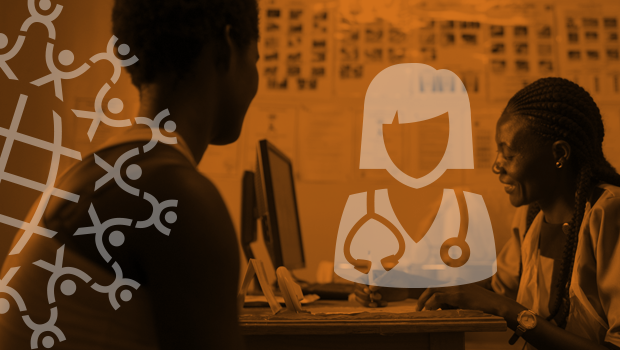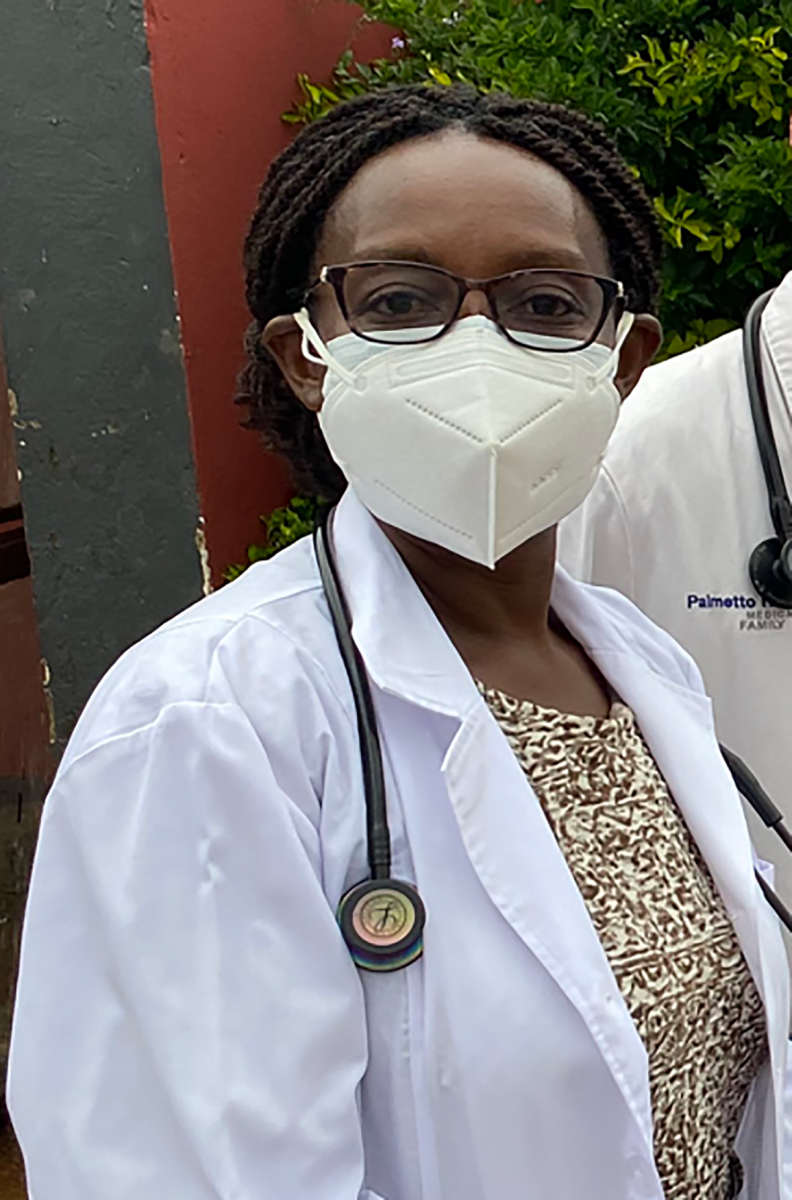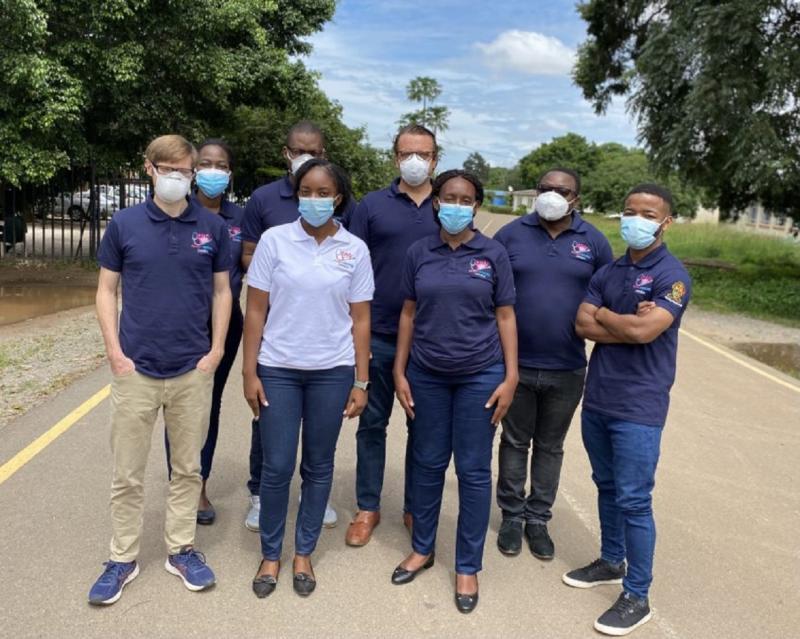Where We Work
See our interactive map


Seed Global Health sat down with Mpundu Makasa to talk health workforce training, gender equity, and COVID-19 in Zambia.
Dr. Mpundu Makasa is a clinician and public health practitioner who works in the primary health care setting. She has a Master of Public Health and a PhD in Epidemiology. Dr. Makasa is currently enrolled in the University of Zambia’s (UNZA) Family Medicine Residency Program that is supported by Seed Global Health. Later this year, Dr. Makasa will be the first graduate of the program. She will become a faculty member after graduation, reinvesting her newfound skills and experience to teach for the program. Seed Global Health talked to her about her experience, family medicine in Zambia, and advancing gender equity in the health workforce.
 I joined the University of Zambia as a faculty member in the School of Medicine’s Department of Community Medicine. At the time, the school was looking to start a training program in family medicine. I was asked to join and serve as chairperson on the family medicine working group, even though I had no prior training in the field. Fortunately, there was a family physician, Dr. Jim Sanders, from the Medical College of Wisconsin, who was on sabbatical and had dedicated his time to work with the group on developing the curriculum. Collaborating with him to complete this process gave me insight into what family medicine is. As part of our planning, we visited countries in the region that have family medicine programs to learn firsthand the different implementation models.
I joined the University of Zambia as a faculty member in the School of Medicine’s Department of Community Medicine. At the time, the school was looking to start a training program in family medicine. I was asked to join and serve as chairperson on the family medicine working group, even though I had no prior training in the field. Fortunately, there was a family physician, Dr. Jim Sanders, from the Medical College of Wisconsin, who was on sabbatical and had dedicated his time to work with the group on developing the curriculum. Collaborating with him to complete this process gave me insight into what family medicine is. As part of our planning, we visited countries in the region that have family medicine programs to learn firsthand the different implementation models.
In addition, I was connected to the Primary Care and Family Medicine Network. I had the opportunity to present at the network’s conferences and talk about the preparatory work for our program. I met marvelous people in this field and got tremendous encouragement and support. Through those interactions, my understanding of and passion for family medicine grew even more. This motivated me to go on to pursue it.
Having been part of the process of developing the program and moving on to being a learner was interesting. I quickly had to adjust from being the chairperson. It was also quite a transition getting back to clinical practice, but I have enjoyed every bit of it. I found a connection with my previous work—even though family medicine is a clinical discipline, it interfaces with public health, which complements my background.
Through the program, I have received point-of-care ultrasound (POCUS) training. This has equipped me with the skills and expertise to leverage this tool to make immediate clinical decisions that improve care quality and patient outcomes.
I love the discipline’s diversity and holistic, as well as biopsychosocial approach to client care. I look forward to being the first graduate of the program in Zambia and contributing further to its growth and the fraternity in the country.
There have been many wonderful experiences. The most memorable is when we, as a program, undertook a five-day outreach activity to a rural part of Zambia. While there, we screened and treated over 700 hundred clients. It was hectic but very fulfilling—we provided care to poor and vulnerable individuals that ordinarily have limited access to health services.

The family medicine team at UNZA.
Women make up a majority of the health care sector. As such, they are disproportionally more exposed to COVID-19 than men, putting them at a higher risk of contracting the virus. In addition, during the pandemic, most health facilities have been overwhelmed with patients, putting providers, who are mostly women, under a lot of stress. This is compounded by their care duties that extend to their homes.
One measure is to have shortened working hours for health workers and provide them with personal protective equipment to minimize the risk of infection. There is also a need to assess the impact of COVID-19 on mental health among health workers, especially in women, and based on the findings, develop programs to address these issues.
The long-term solution is to have preparedness plans and resources available to support preventative and control programs for COVID-19 and any future health crises.
Cultivating a leader starts from a tender age. To advance gender equity and women’s leadership within the health system, it is important to empower the girl child through education, especially in rural areas. We need to continue sensitizing our communities against early marriages and gender stereotypes that assume that women are less capable or inferior in any way. We also need to increase role modeling and mentorship programs—both are important for developing more women leaders.
It is a great field. You’ll be trained to become a multiskilled provider who can care for patients across all ages, sexes, and disease groups. It is a specialized discipline but like other disciplines, you can pick an area of concentration depending on your interests. Specialists can work as hospitalists or in outpatient settings in both public and private practice and have very successful careers while maintaining a good work-life balance.
A version of this article was originally published by Seed Global Health. It can be read here.
Get the latest updates from the blog and eNews




